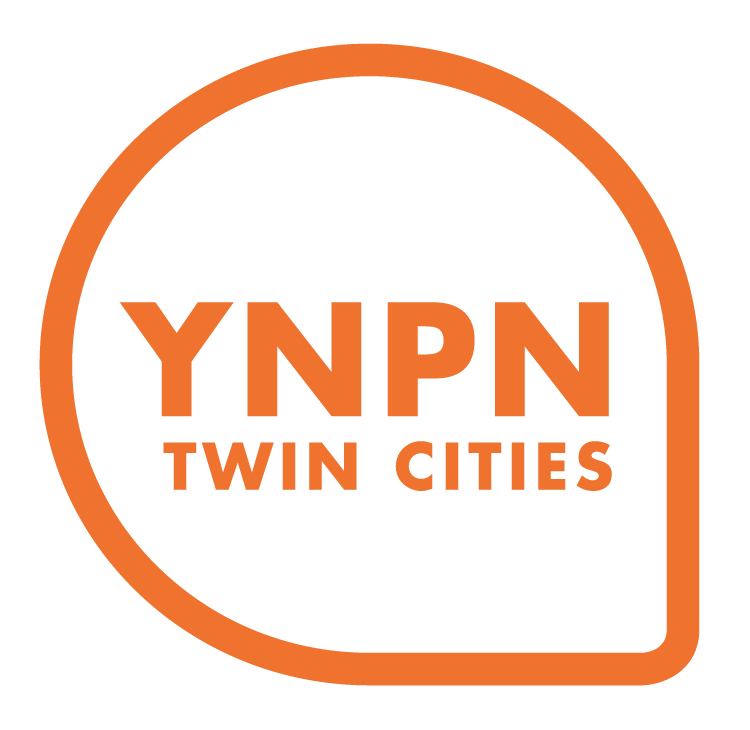Navigating Multiple Crises with Care
by Nicole Weiler
This past summer in the Twin Cities has been revolutionary.
As many organizations made the important pivot to working from home to minimize the impact of a global pandemic, our community suffered the tragic murder of George Floyd at the hands of Minneapolis Police Department officers, and residents were activated to hit the streets demanding justice.
Mutual aid distribution sites sprung up overnight to aid South and North Minneapolis communities who lost important neighborhood storefronts, which eliminated access to groceries, household goods, and critical medications.
And we carried on because our work didn’t stop. For many, it intensified.
The problem with ignoring pain is that it doesn’t go away. We just start to work around it, maneuvering in maladaptive ways.
And here we are, months later, deep in a crucial election cycle. The last four years have brought about significant change and challenges in the kind of work we do in the nonprofit sector. Beyond that, this election is deeply personal and impactful for many people.
With unprecedented mail-in voting, we aren’t likely to get a definitive declaration of a forthcoming administration for some time. With that looming fact, it’s important to ask ourselves how will we show up for ourselves and our colleagues during such an uncertain time?
As young nonprofit professionals, how can we provide ongoing support for our teams and make sure we handle our important work?
Start by considering what is critical.
We have a tendency to manufacture urgency in our sector. It is one thing to say that folks should take or make time for themselves, but a true offer of support goes beyond words.
Can your team construct a list of what is currently being worked on and prioritize which projects are necessary and which can be put off? In a time where attention is divided and external factors place tension on our communities, it is helpful to get assurance that there are areas where “good enough” is enough.
This time necessitates prioritizing compassion over productivity. If you hold a position of relational power, extend support rather than pressure so your team members will have increased capacity to show up more fully. Consider where folks are cross-trained so you can set up a tag team effort -- so employees can take time when they need it while others help fulfill their roles.
Especially in times like this, the more we refrain from glorifying overwhelm and overwork and start to normalize the need for downtime, the more equitable our organizations will grow to be.
Then, consider identity.
Traumatic experiences result in a whole range of responses, but it is important to remember that the results of our current and historical community stress do not impact each colleague the same way.
Some folks may be affected because their human rights are impacted while others may be concerned on principle. Still others may be stuck in an apathetic rut, unable to focus.
No matter how they’re showing up, your colleagues’ response to these collective traumas is likely not a reflection of that person’s character. It’s merely a reflection of their lived experiences and perceived security in an ambiguous circumstance. Temporary. Reactionary. A typical response to feeling in crisis.
In moments like these, empathy is critical. By modeling empathic behavior, we have the power to cultivate a climate and culture of connection and support.
Ask what is needed and offer specific helpful resources.
Many people are unaware of what services and resources are available to them. This is the time to do and compile the research.
Does your organization offer counseling that can be extended to staff? Perhaps a community partner you can partner with for referral?
How are your Diversity, Equity, and Inclusion (DEI) goals embedded in your day-to-day operations to ensure equitable support in these moments?
Does your organization have the ability to grant additional paid time off?
Ask colleagues what they need directly and provide appropriate, practical, and concise information that meets their stated needs. Encourage each other to take advantage of the support available.
Allow this to be an opportunity to deepen a commitment to inclusivity rather than silently promoting “pushing through” a difficult time. We’ve built organizations based upon the idea that communities need various types of support to navigate difficult times, so why should the workforces running these organizations operate any differently?
Find ways to engage in collective decision making.
According to the Havard Business Review, in a time of great uncertainty and stress, people appreciate leaders who seek out and act upon their input.
Illustrated as Twin Cities service industry and nonprofit workforces moved to unionize this Summer in response to top-down direction and a lack of transparency with Covid-19 protocol, we need to experience collaborative, receptive leadership.
It’s clear the ways in which work experience and output improve when leaders invite staff to raise issues and include them in key organizational discussions. This creates the circumstances for colleagues to feel trusted, needed, and treated as valued team members invested in their organization and its mission.
Go deeper to revisit and rearticulate the values of your organization with attention to how they intersect with this moment.
As an organization, what do you value? What are the specific ways your mission and vision are illustrated in the daily goings-on in your workspace?
Now is a great time to cultivate those values within your working relationships. Provide ways for folks to see that the problem the organization seeks to solve is just as impactful when directed internally.
It can be helpful to identify and address any lingering wounds that have compounded during this tumultuous time. Support this work with a professional who can provide a trauma-informed lens through which to explore the impact of organizational culture on this moment.
Creating communities of care to navigate and mitigate crisis is an investment to ensure we will be equipped to meet collective needs whenever they arise.
In Solidarity.


